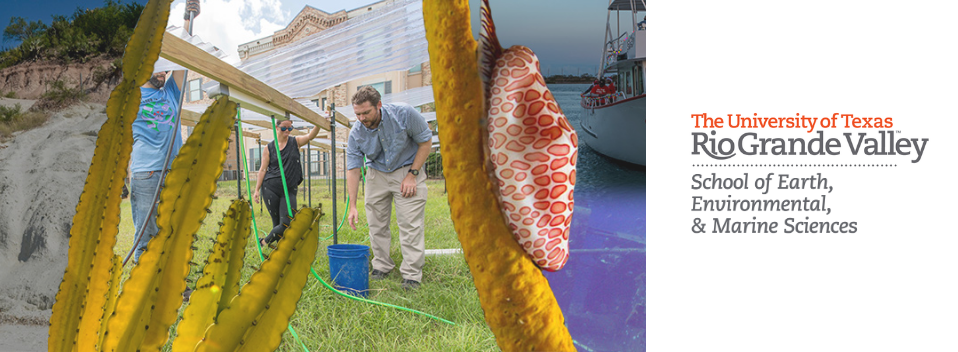
School of Earth, Environmental, & Marine Sciences Faculty Publications
Phylogenetic Analysis of Ridgewayia (Copepoda: Calanoida) from the Galapagos and of a New Species from the Florida Keys with a Reevaluation of the Phylogeny of Calanoida
Document Type
Article
Publication Date
1-2011
Abstract
The mitochondrial gene cytochrome-c oxidase subunit 1 (COI) and the nuclear ribosomal DNA region known as Internal Transcribed Spacer 1 (ITS1) are used in a phylogenetic analysis of Ridgewayia from the Galapagos Islands and of a new species, Ridgewayia tortuga, from the Florida Keys. In addition, the phylogeny of Calanoida is reconstructed based on the 18S ribosomal RNA gene. The following characters exclude R. tortuga from the three recognized species groups of Ridgewayia: the presence of only 7 setae on the terminal endopod segment of leg 2; a 20-segmented male right antennule with two geniculations, the first between segments 9 and 10 and the second between segments 16 and 17; and details of the male fifth leg, in particular the elongate, unarmed, right endopod with a bifurcated tip. The molecular analysis shows that the first half of the COI gene not only fails to differentiate the various species of Ridgewayia, but it also fails to differentiate between the families Ridgewayiidae and Pseudocyclopidae. The second half of this gene and the ITS1 region are species specific. Molecular and morphological evidence suggest that the Galapagos ridgewayiids are the result of one colonization event and that the current phylogeography of these animals can be explained by a combination of vicariance and active migration models. The 18S ribosomal RNA gene proves successful in the reconstruction of the phylogeny of Calanoida with the following main conclusions: 1) Centropagoidea is the sister branch to all other Calanoida; 2) Ridgewayiidae and Pseudocyclopidae likely share a common ancestor with Augaptiloidea; 3) Ridgewayiidae and Pseudocyclopidae should be included in the same superfamily, the Pseudocyclopoidea; and 4) Spinocalanoidea likely needs to be included in Clausocalanoidea to recover the monophyly of the latter superfamily.
Recommended Citation
Figueroa, Diego F. "Phylogenetic analysis of Ridgewayia (Copepoda: Calanoida) from the Galapagos and of a new species from the Florida Keys with a reevaluation of the phylogeny of Calanoida." Journal of Crustacean Biology 31, no. 1 (2011): 153-165. https://doi.org/10.1651/10-3341.1
Publication Title
Journal of Crustacean Biology
DOI
10.1651/10-3341.1


Comments
© The Crustacean Society, 2014. Published by Brill NV, Leiden